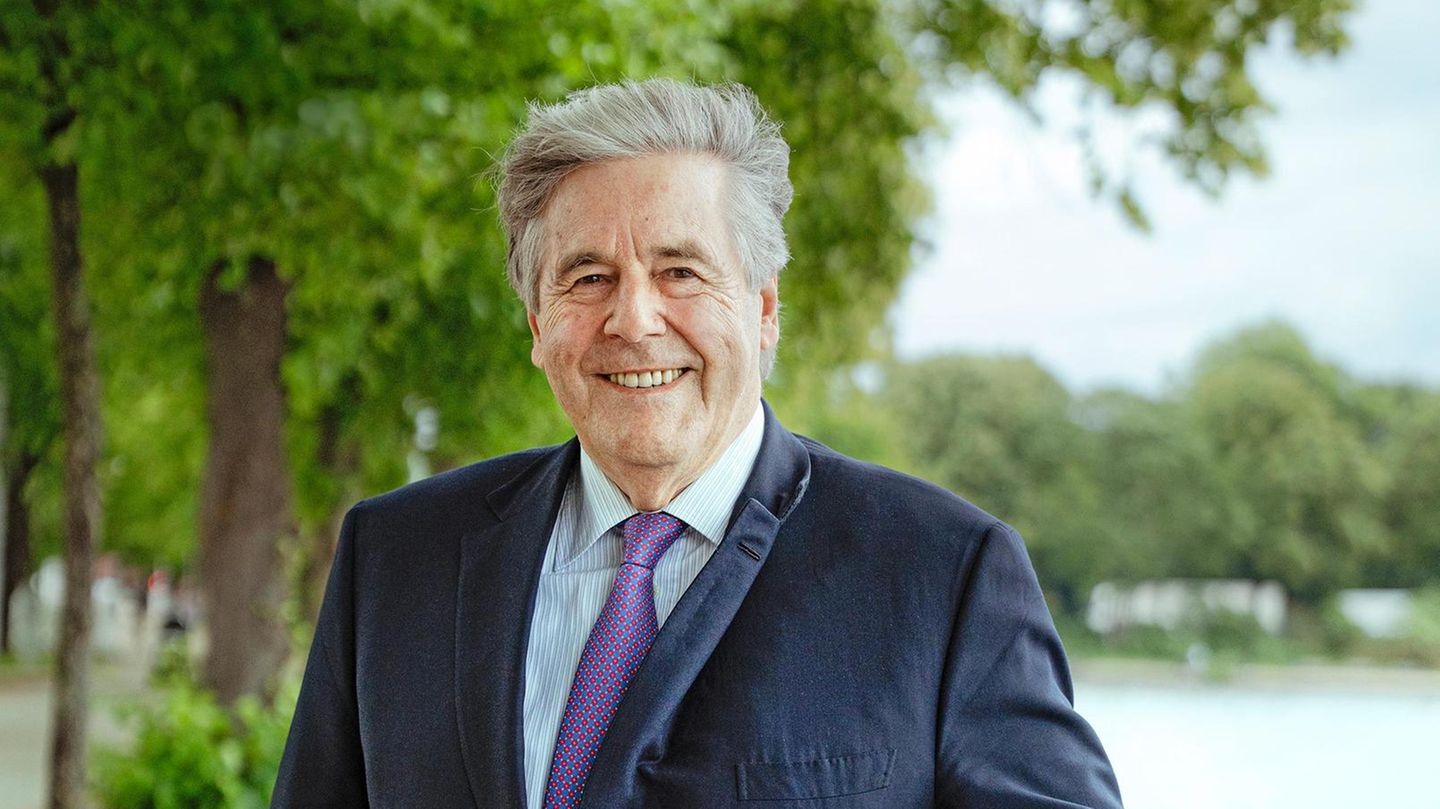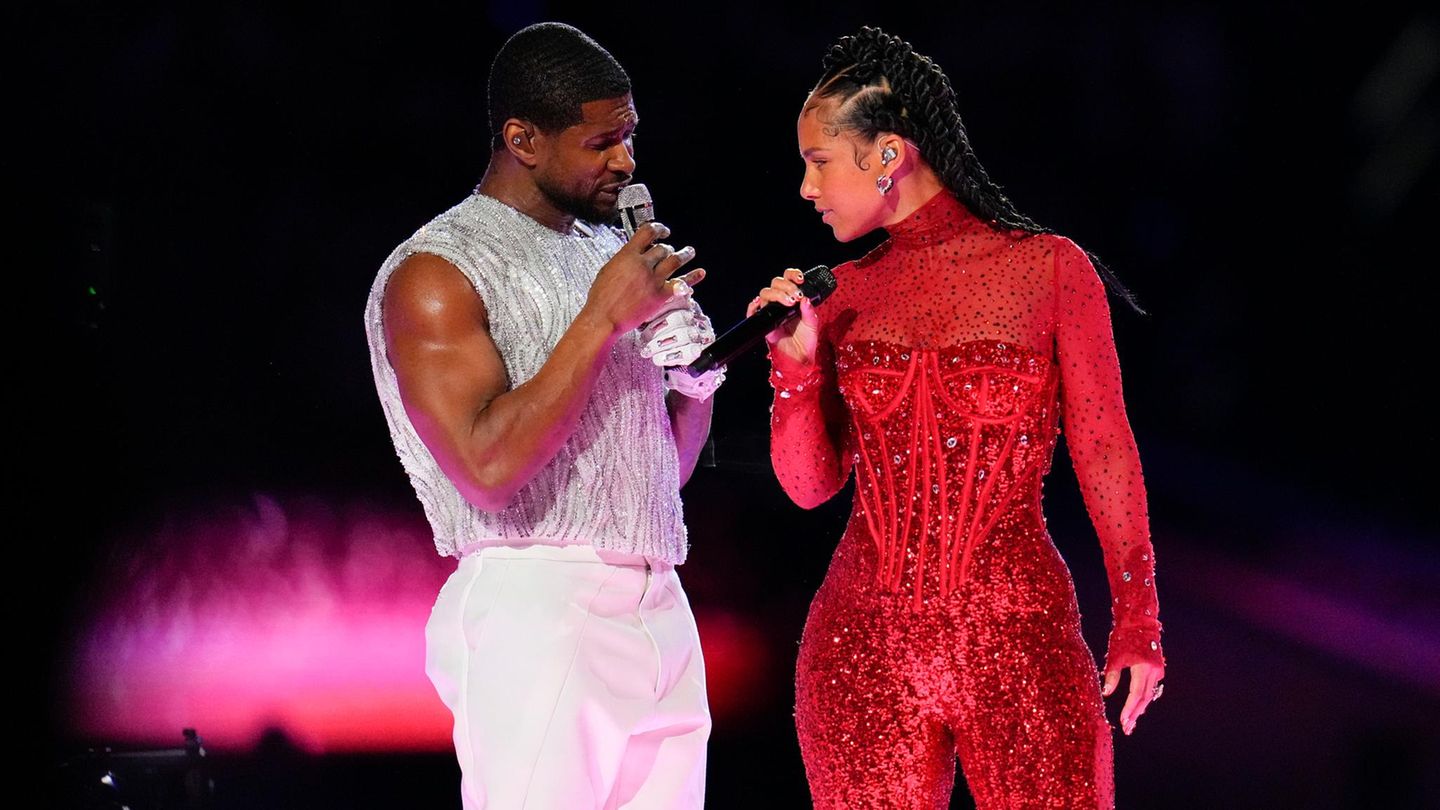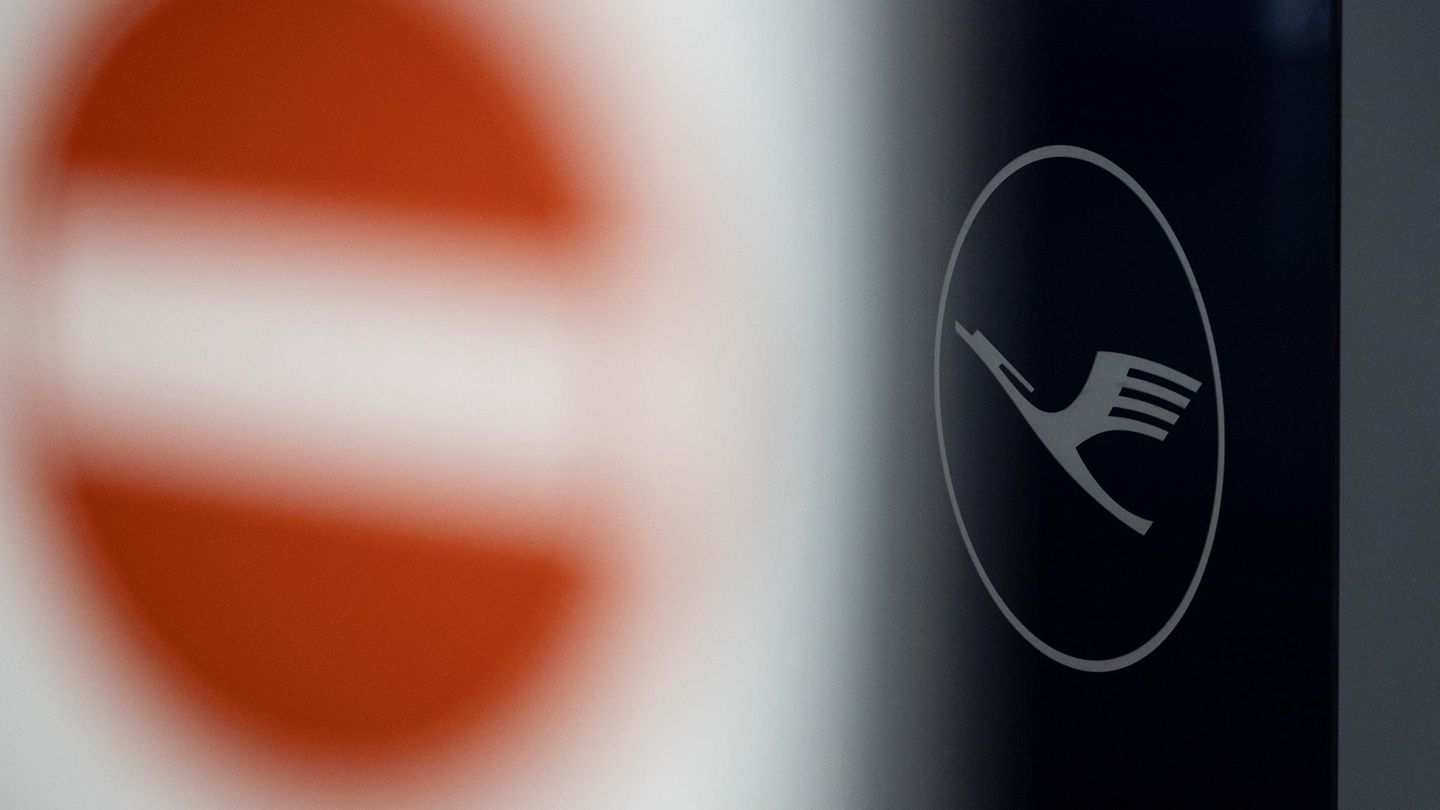This state election changed the political landscape in Upper Austria significantly: for the first time, six parliamentary groups move into the state parliament. In addition to the Neos, who had to tremble to the end, the vaccination-critical list “People – Freedom – Fundamental Rights” also succeeded in entering the state parliament with 6.2 percent of the votes according to extrapolation from 9:30 pm.
First place went unchallenged to the ÖVP, even if the governor’s party with 37.6 percent only achieved a small plus of 1.2 percentage points compared to their worst result of 2015. Governor and VP Chairman Thomas Stelzer was nevertheless satisfied: It was a “great success under these circumstances”. You have a “clear leadership mandate”.
Massive FP losses
The race for second place was closer than expected in the forecasts of the past few weeks. Because for the Freedom Party with the top candidate, Deputy Governor Manfred Haimbuchner, losses were severe with a minus of 10.6 percentage points; the last extrapolation showed 19.8 percent for the FPÖ. The result ranks among the best, “if you exclude the exceptional year 2015,” said Haimbuchner. To be the second strongest party again is a “confirmation”.
- OÖN-TV: Comment by OÖN editor-in-chief Gerald Mandlbauer
This video is disabled
Please activate the categories Performance cookies and Functional cookies in your cookie settings to display this element. My cookie settings
Until the very end, the chairman of the SPÖ, Regional Councilor Birgit Gerstorfer, hoped for the result from the big cities in order to be able to push the FPÖ to third place. According to the last extrapolation, the SPÖ could expect 18.6 percent: an increase of just 0.2 percentage points. You take the result on yourself, “because I am the top candidate,” said Gerstorfer. She rejected a negative influence from “quarrels” in the federal party: “Upper Austria is about Upper Austrian issues.”
According to extrapolation, the Greens were able to improve by 2.0 percentage points with 12.3 percent. Although the expectations were a little higher, the Greens state spokesman, Provincial Councilor Stefan Kaineder, was satisfied: Around 100,000 votes were “the best result so far in a state election in Upper Austria”. The election result is a “big first step” in advocating climate protection.
“The goal of the election was to move into the state parliament, the trend is upwards,” commented Neos top candidate Felix Eypeltauer on the 4.2 percent for his party. After “difficult years” in the country, “we struggled,” said Eypeltauer. They want to be “the critical force in the state parliament”.
“We addressed people’s problems,” said MFG top candidate Joachim Aigner. In the state parliament he wants “open discussion in all areas”.




